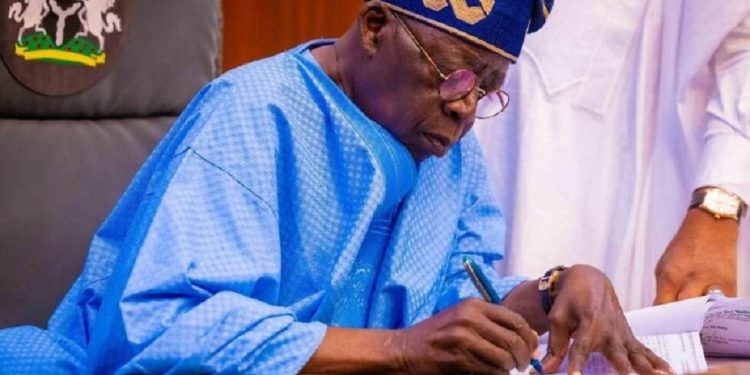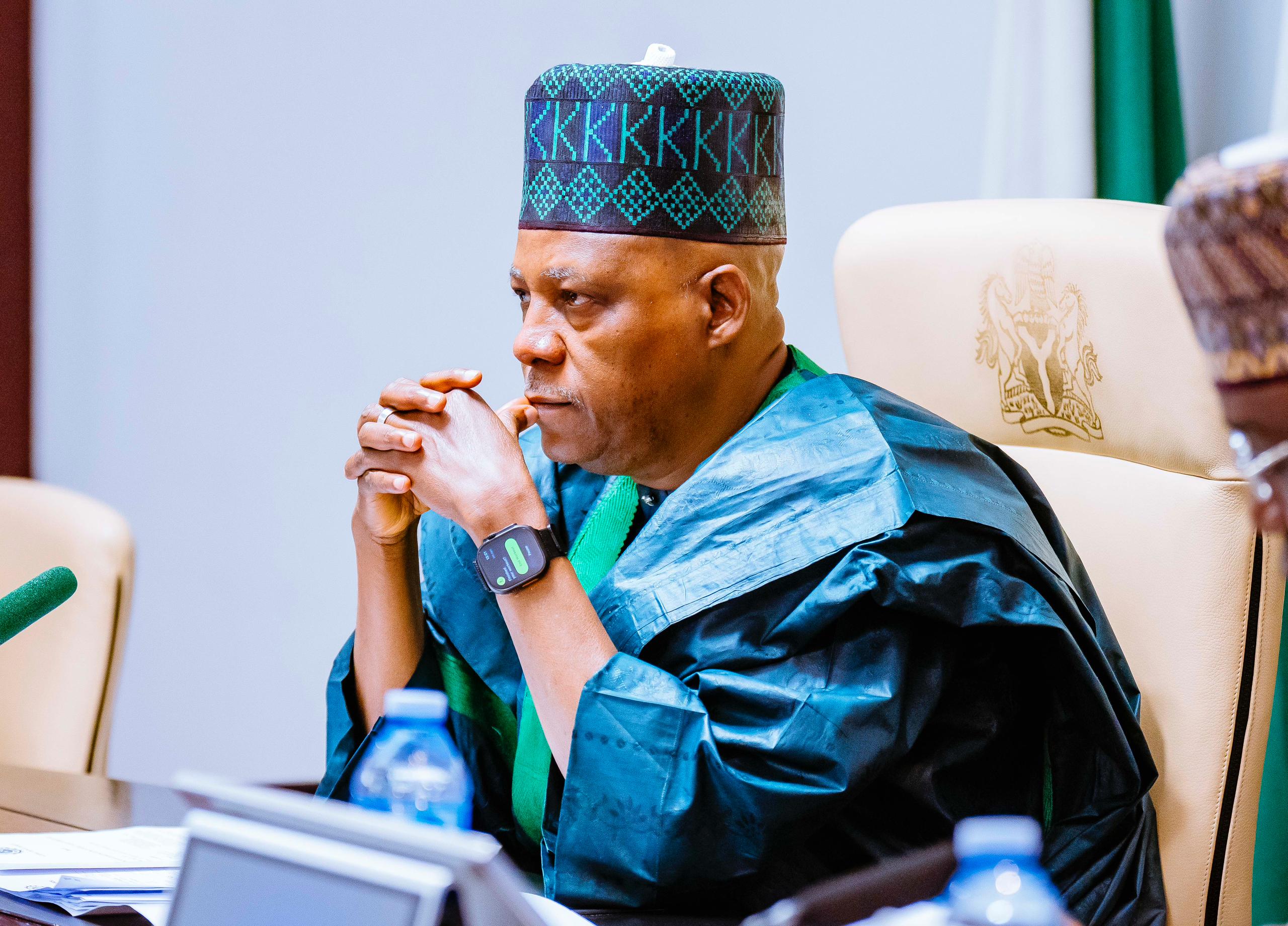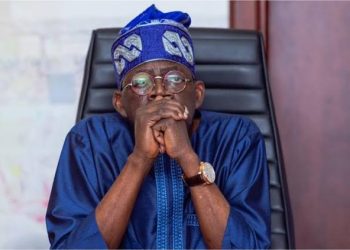President Bola Tinubu has announced the end of the six-month state of emergency in Rivers State, declaring that normal democratic governance will resume at midnight Wednesday.
The emergency rule, proclaimed on March 18, 2025, followed months of political turmoil between Governor Siminalayi Fubara and the State House of Assembly. The crisis had brought governance in the oil-rich state to a halt, with the Supreme Court at one point ruling that there was effectively “no government” in Rivers.
Tinubu said his decision to invoke Section 305 of the 1999 Constitution was a last resort after efforts to reconcile the feuding parties failed. “It would have been a colossal failure on my part as President not to have made that proclamation,” he noted.
Under the emergency measure, the offices of the governor, deputy governor, and all elected members of the Assembly were suspended for six months. During that period, federal authorities oversaw administration in the state.
Thanking the National Assembly, traditional rulers, and citizens of Rivers for their cooperation, Tinubu acknowledged that several legal challenges—over 40 in number—had been filed against the proclamation. However, he insisted the action was necessary to prevent “a drift towards anarchy.”
The President now believes the atmosphere is conducive for a return to civilian authority. “From the intelligence available to me, there is a groundswell of a new spirit of understanding, a robust readiness, and potent enthusiasm on the part of all stakeholders,” he said.
With the lifting of the emergency, Governor Fubara, Deputy Governor Ngozi Nma Odu, and Speaker Martins Amaewhule, along with other members of the Rivers Assembly, will resume their duties on September 18.
Tinubu used the occasion to caution state executives and lawmakers nationwide on the dangers of political conflict. “It is only in an atmosphere of peace, order, and good government that we can deliver the dividends of democracy to our people,” he warned.
The President ended his address with a call for unity, urging leaders at all levels to put the interests of citizens above political rivalry.








